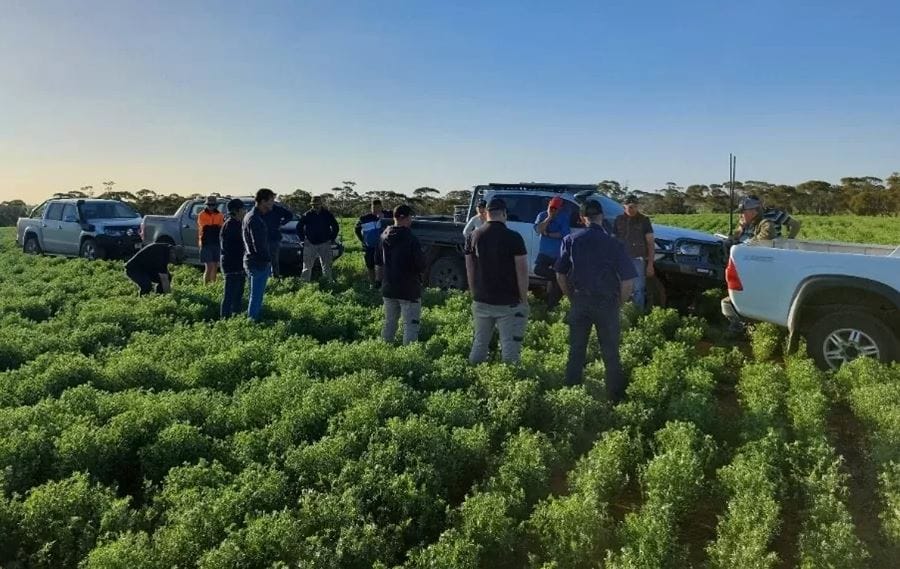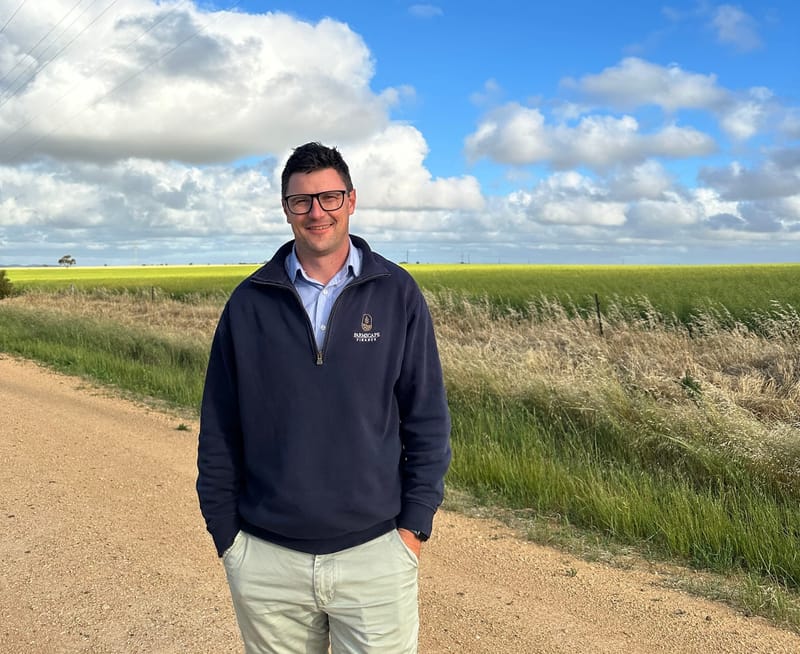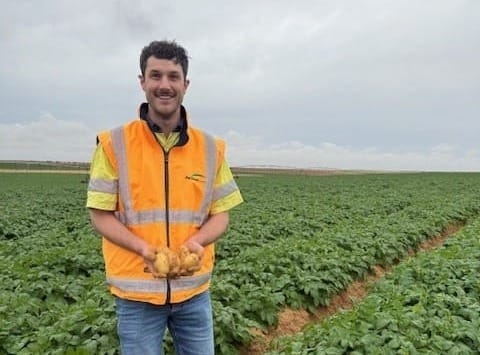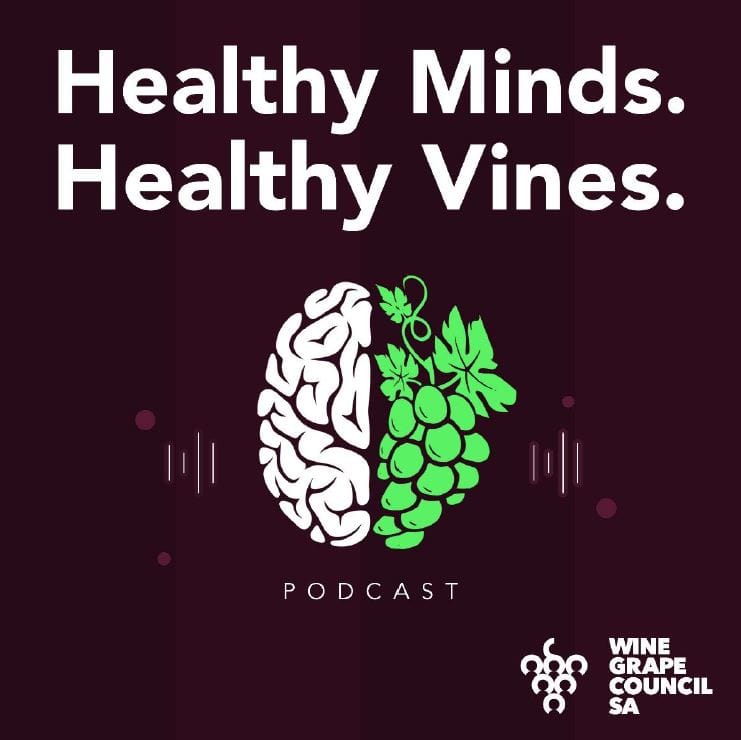Farming systems in focus: early sowing, legumes, and long-term fertility
AS we progress into the 2025 season, it’s clear that cropping systems are shifting — and fast...

AS we progress into the 2025 season, it’s clear that cropping systems are shifting — and fast. In a recent episode of Mallee Sustainable Farming’s (MSF) MSF Farm Talk podcast, Nigel Wilhelm, from SARDI, joined host Nick Paltridge for a deep dive into the evolution of Mallee farming systems and where they’re heading next.
With decades of experience in soil fertility, crop nutrition, and farming system research, Dr Wilhelm discusses crop agronomy and nutrition, and offers practical insights grounded in long-term trials and real-world farmer results.
More than just marginal gains, early sowing and summer weed control have been game changers in the Mallee regions.
“It’s that increase in growing season – from early sowing and strict summer weed control – that’s delivered massive gains,” Dr Wilhelm said.
These management changes have improved yield potential even in the most marginal areas.
Legumes taking the lead
From field pea and vetch to lentil and chickpea, legumes have come a long way.
Dr Wilhelm shared findings from Mallee trials that surprised even the researchers.
“We were staggered at how beneficial those legume options could be in areas once considered too risky,” he said.
What started as break crops are now holding their own as profitable components of the rotation.
MSF continues to build on this with long-term trials — backed by GRDC’s RiskWi$e project, and the Mallee CMA — examining how high-legume intensity rotations perform in terms of profitability, nitrogen use efficiency, and ground cover.
2025 fertiliser strategy: think long-term
The topic of fertiliser inputs for 2025 is also discussed in the podcast, with Dr Wilhelm expressing the view that it’s probably best to use a long-term outlook when developing nutrient regimes — instead of trying to fine-tune fertiliser applications based on what the crop used last year.
“What’s evolving now in crop nutrition is trying to take a long-term view,” he said.
“Try to keep inputs at where you have been and fertilise for a 10-year outlook.”
It’s timely advice for farmers planning their next moves after a tough season, especially when every input decision needs to strike a balance between cost and future productivity.
Want to hear more? Tune in to the full episode of MSF Farm Talk with Dr Wilhelm by visiting the website (www.msfp.org.au/podcast/).





